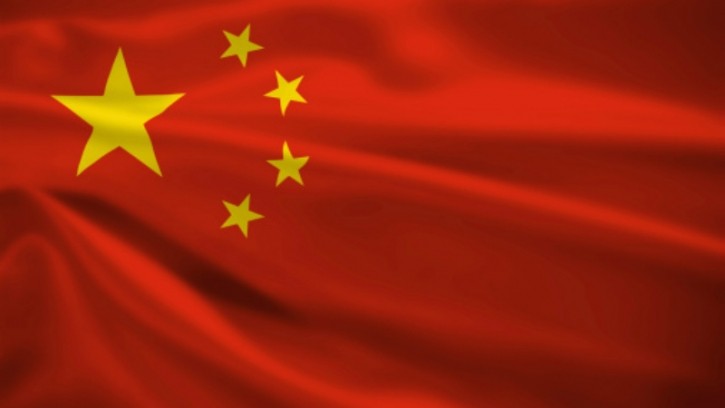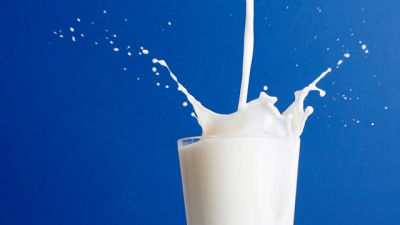China Focus: Yili’s AI platform, dairy standards, cage-free eggs, tariffs removal and more

Mediterranean diet linked to reduced neurodegeneration in elderly Chinese adults
Adherence to the Mediterranean diet, specifically a higher intake of fruits and nuts, has been linked to a notable decrease in the risk of cognitive impairment among elderly Chinese individuals.
This is according to a three-year prospective cohort study involving 6,411 participants with normal cognitive function, set out to address the causal relationship between the Chinese version of the Mediterranean-DASH Intervention for Neurodegenerative Delay diet (MIND) and cognitive function.
The MIND diet emphasises the consumption of plant-based foods, with a particular focus on berries and green leafy vegetables, while minimising the intake of animal-based and high-saturated fat foods.
Milk modifications: China looks to improve dairy governance with specific standards
China’s dairy industry has been growing by leaps and bounds since receiving endorsement from the government as an important part of regular diet, with major brands such as Yili and Mengniu leading the way.
Alongside this industry growth has been closer government scrutiny on dairy products and relevant initiatives, with national projects such as the “Excellent Milk” initiative closely monitoring quality and safety improvements.
Most recently, the local National Health Commission (NHC) has started inviting comments from the public to update specific standards and policies governing three types of milk available in local supermarkets: High temperature pasteurised milk, pasteurised milk and sterilised milk.
Hard-boiled commitment: China cage-free eggs movement gains traction with major government and industry backing
The cage-free egg sector in China has rapidly gained in popularity over the past year due to major support from both government and industry players as well as rising consumer demand.
The Chinese food and retail industry first started switching to using cage-free eggs as an attempt to remove previous associations with food safety and quality scandals linked to eggs, from melamine content to antibiotics usage.
“We have decided to allocate the majority of our resources to cage-free eggs production and distribution after two decades in the industry… These eggs will be [distributed] between both our longstanding corporate clients and directly to consumers, as part of our aim to offer superior-quality eggs,” Tudama’s General Manager Cai Huazhu said via a formal statement.
The firm is set to own the largest cage-free egg farm in the country, which could house some 500,000 chickens.
‘No silver bullet’: Yili reveals benefits, and limitations, of internal AI platform
Chinese dairy giant Yili believes that artificial intelligence (AI) in product innovation lies in formulation and efficiency improvements, but stresses it is no silver bullet to create good end-product results.
Yili developed its own internal version of AI platform Chat-GPT, dubbed Yili-GPT, several years ago.
The company has sought to use this internally for problem-solving across various business areas, and has concluded that it is “useful but limited” in terms of producing results.
Dairy dash: China’s final tariff removals open new opportunities for New Zealand brands
China’s recent removal of tariffs on all dairy products from New Zealand, including milk powder used for both general consumption and processing to infant formula, could spell huge potential for brands that have a strong focus on quality and sustainability.
China and New Zealand signed a free trade agreement (FTA) in 2008, but with regard to dairy, it has taken 16 years to finally see all tariffs removed.
Various New Zealand dairy products have seen export tariff decreases over the years, but although many of these hit zero in 2019, duties were still in place for liquid milk, butter and cheese until 2021; and for milk powder until Dec 31, 2023.








